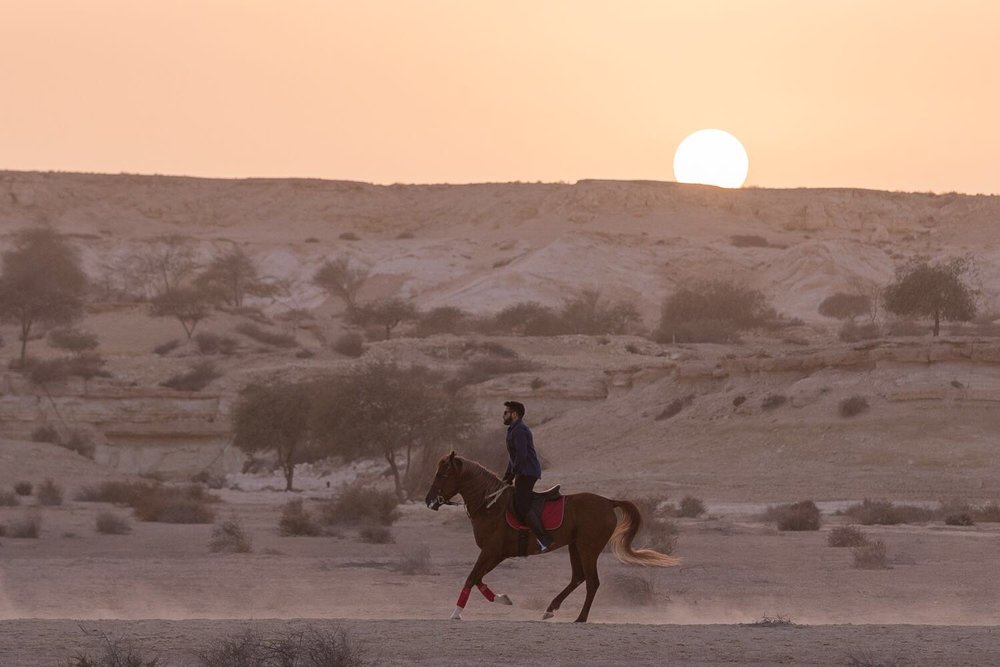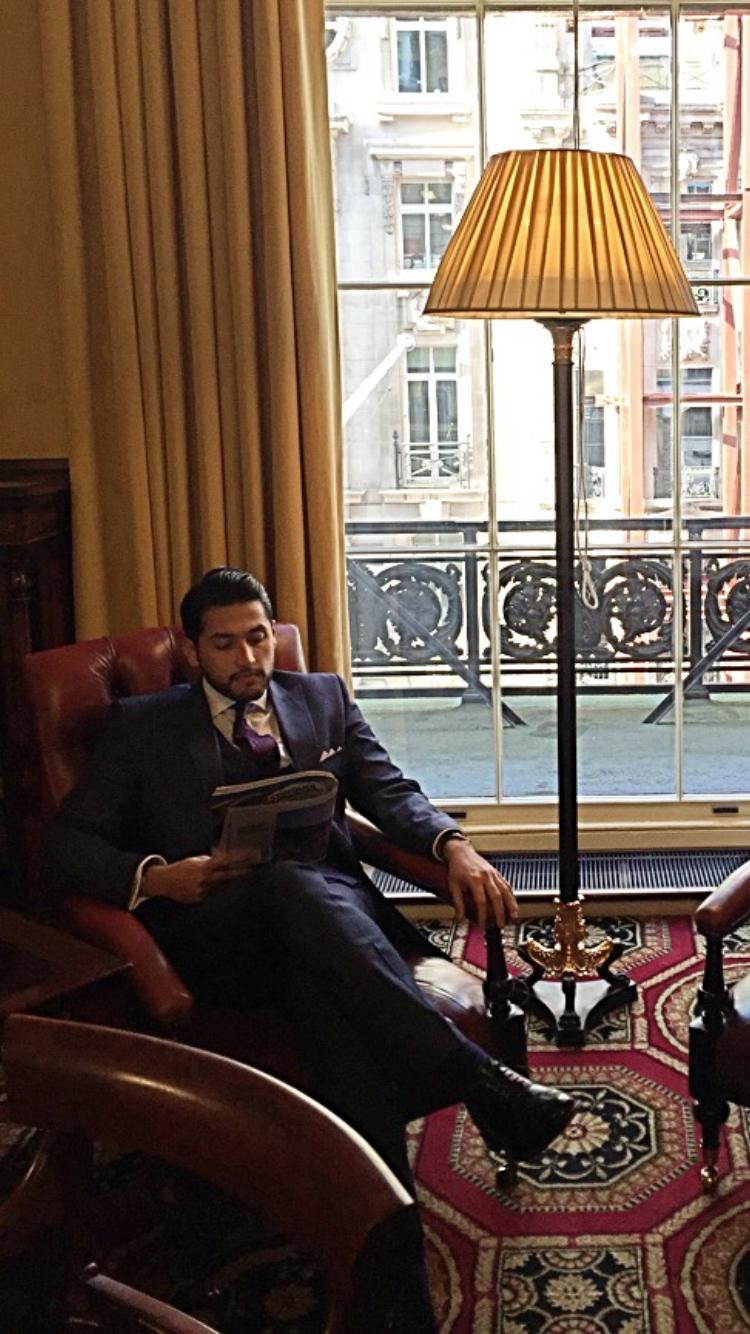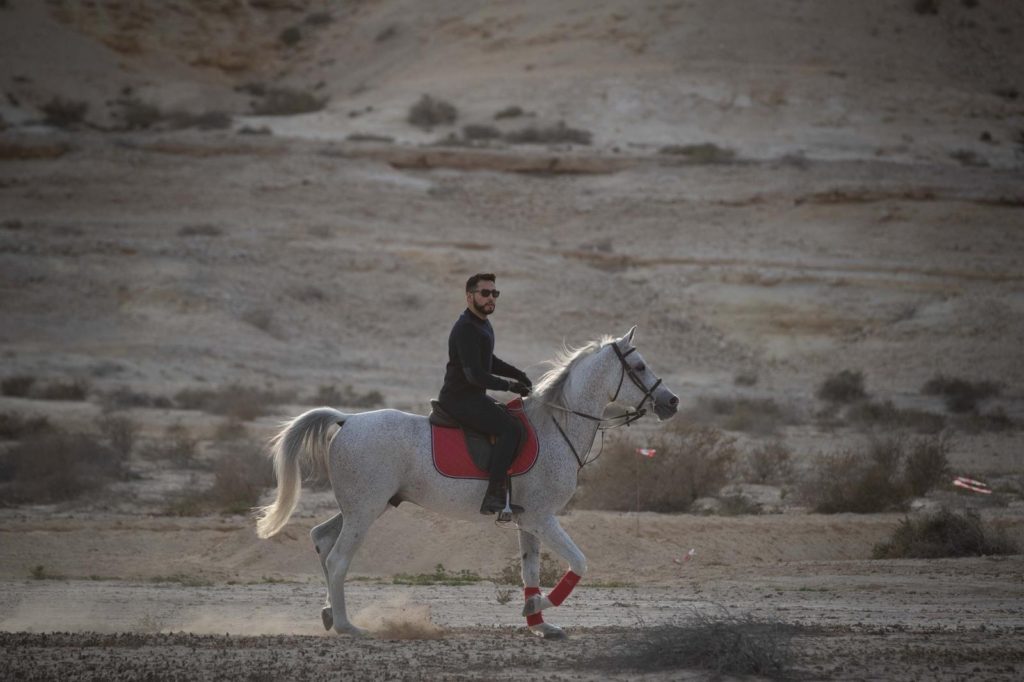Born and raised in London, Zaid M. Belbagi is Moroccan by background, with a family lineage that is almost a thousand years old. He attended school just outside of London at Queen Elizabeth’s, established in 1573 and was a student at Oxford University. He presently works between London and the Middle East and North Africa.
Zaid runs a political advisory firm known as Hardcastle, and acts as an adviser on international relations and security, supporting clients with their political objectives, policy, and government communications within the remits of international security, or in the new frontiers of international security, such as cybersecurity. He also writes a weekly column on power, discussing different iterations of power— in the media, political power, and nuclear power.
Possessing an artistic and cultural itch, Zaid says that if he could have his way, he’d be up to his neck in antiques. After attending some courses at Christie’s auction house on the History of Islamic Art, he became absorbed into the family. He currently represents Christie’s in the region.

One of the greatest influences in Zaid’s life was his grandfather, born between 1920 and 1924. As a writer and an academic, he was incredibly old school and was always dressed in a suit and tie until he was very old. Zaid recalls playing backgammon with him and enjoying a close rapport that enabled him to learn a lot from him. Although his grandfather lived with excruciating back pain, Zaid says that the family never knew, because he simply put up with it- a testament to the man he was. Married to his grandmother for 60 years, Zaid is constantly inspired by the life he lived.
The school was another positive influence for Zaid, where the expectations were high and unwavering. Saturday detentions spent picking up litter around the school, were assigned for very small offenses such as a dirty shirt, wearing earphones on the way to school, or for being unshaven. Zaid recalls the school distributing very cheap razor blades to shave at school when necessary. His beard today is almost a sign of rebellion, he says.

Zaid is familiar with various clubs and is a member of the Oxford Club in London and the Arts Club in London, soon open in Dubai as well. His favorite is Le Cercle in Paris, which was a gift from the French government for the American and British servicemen who were operating from Paris during the First World War, in a city without clubs. Just next door to the British Embassy, it is a beautifully appointed, styled building with a huge garden in the middle of central Paris. It is probably one of Paris’ best-kept secrets, he says.
Each club serves a unique purpose for Zaid. The Oxford and Cambridge Club is highly academic, offering incredible lectures and great events and also has reciprocal memberships all over the world. Housed in a beautiful building, the club is approximately 200 years old and is a good place to study, read and write. The Arts Club is slightly more ritzy, and acts as a space to meet people who aren’t wearing ties. More international in focus, it is less academic, and relaxed. Le Cercle is incredibly helpful for finding employment opportunities and acts as a perfect space to work, read and study. It also houses a meeting room if one needs to conduct meetings in a foreign country. Zaid can usually be found at the Oxford and Cambridge Club, but his favorite is the Reform Club where the architecture is beautiful (but he’s not yet a member).
Zaid concurs with the Italians who say that being a gentleman is about time— someone who takes a little more time to do things, to think something through, to get his shoes polished or to write a letter with a pen and paper, in an age where many people don’t even have a pen. For Zaid, the day doesn’t start before he reads the Financial Times and the New York Times, because he considers it important to know what’s happening in the world. He disagrees with the Brits who say that a gentleman serves society through leading it— which to him seems entitled— because, for Zaid, a gentleman is a person who is the change that he wishes to see in the world. Whether that means picking up litter in a place where nobody else bothers, insisting on closing your top button in a world where everyone is wearing open-collared shirts, or taking the time to say please and thank you. If you wish people would be slightly more polite, slightly more charming and responsive, Zaid believes that the change needs to begin with oneself. By dressing well, you set an example for others to do the same, he says.

Luxury, for Zaid, is about quality of service, and customer satisfaction— qualities that he feels that many of the luxury brands are missing because they are so successful, they don’t care about your business. Being invited for tea or coffee and to look through catalogs in multiple languages, are signs of good service, as is being remembered as a returning guest at a hotel. A good shoeshine, a well-starched shirt, a good night’s sleep, and two weeks without travel, are a few of the things that Zaid considers luxurious. Zaid likes to spend his time in the old imperial capitals: London, Paris, Rome, Istanbul— beautiful European cities within traveling distance, rich with culture, pleasant weather, and a lot to see and do. When working in the region, Zaid makes a point of eating traditional authentic food in Bahrain or Saudi Arabia for the element of culture. In Bahrain, he enjoys the local food while lounging on plastic garden chairs, surrounded by cats wandering around his legs. He prefers to have dinner there, than at a knock-off of a Western restaurant.
Zaid’s name means excess or excessive in Arabic, a practice which he says that he never felt he lived up to, until recently. Being a little bit extra, not fitting inside a box and being slightly alternative are accurate representations of who he is. After a recent interview, he received feedback that he should eliminate his tie, remove the portrait hanging behind him, and not wear leather gloves. Zaid vehemently disagrees, saying that there are too many people trying to be the poor man’s version of Mark Zuckerberg— wearing plimsolls with disheveled hair— and he doesn’t think that everyone needs to conform to the Californian ideal of life. “Some of us are a bit different, and I think those of us that are, should just insist on staying that way”, he says.


